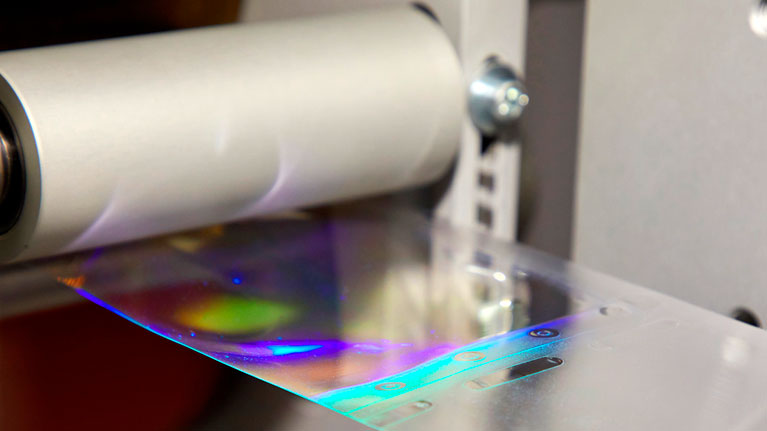Functional plastics for a sustainable future
The European Commission has released a factsheet on sustainable plastic mentioning the FLEXPOL project in which Tekniker has played an outstanding role.

In view of the numerous challenges resulting from climate change and environmental degradation, Europe has devised a new sustainable growth strategy known as the European Green Deal, whose aim is to transform the European Union into a modern and competitive economy that uses its resources efficiently.
In this regard, many efforts are being made in different areas to make progress in a transition towards a safer industrial ecosystem that is both carbon neutral and efficient in terms of resources. A good example can be found in the work that is being done from ECP4, the European composites, plastics and polymer processing platform as regards developing sustainable and healthy products to further this green transformation.
Consequently, the DG for Research and Innovation of the European Union responsible for the area of research, science & innovation recently has published a factsheet on sustainable plastics describing how they are designed and used with a mention of the FLEXPOL project, as an example of functional products and efficient processes. In this project, Tekniker, member of Basque Research and Technology Alliance (BRTA), has been playing an outstanding role.
This recently completed European project has focused on developing flexible antimicrobial polymers for use in hospital environments. Within the framework of this research work and thanks to its extensive experience in the design of nano structures, the technology centre has developed “roll-to-roll” production systems used to manufacture antimicrobial adhesive films.
Sustainable-by-design
The “sustainable-by-design” concept is a key element in the EU strategy applied to chemical products. Its goal is to significantly modify our processes to make sustainable and healthy products or materials.
It is a systemic approach that embraces the safety, circularity and functionality of products and processes throughout their entire life cycle, from the design stage until the end of the life cycle (recycling or reusing have also been considered).
The incorporation of the sustainable by design approach to research and innovation actions will be give rise to more circular, functional and safer products and materials in the market and will foster the European Green Deal.
Should you want to learn more about the European approach on plastics sustainable-by-design, take a look at the enclosed PDF file where information on the FLEXPOL project can also be found.
